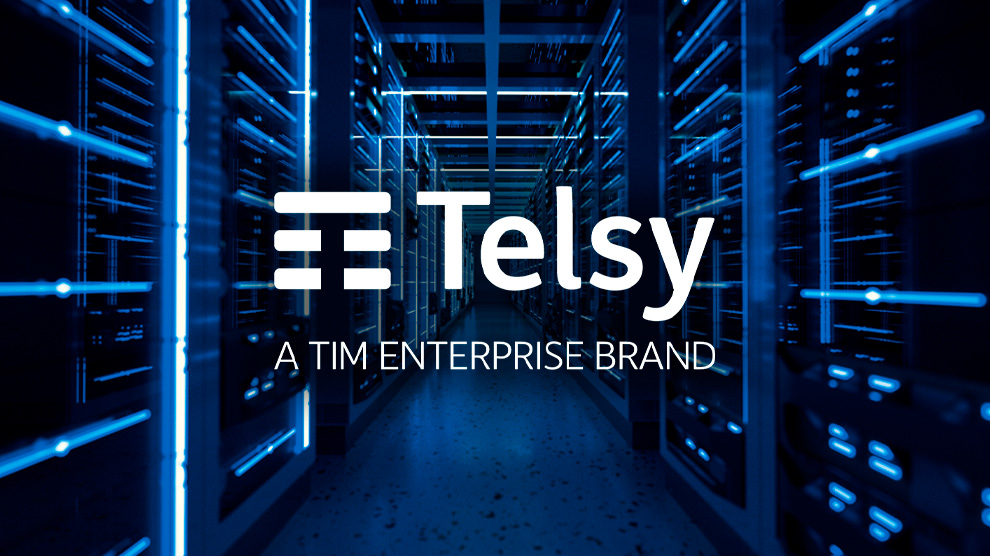European technological sovereignty. The European Commission recently sent Italy €21 billion, the second instalment of the National Recovery funds, following the positive assessment of the request submitted by the Italian government. More than one-fifth of the total resources are earmarked for the “Digitization, Innovation, Competitiveness, Culture and Tourism” mission, which is the largest in terms of allocated funds.
Addressing the challenge of national and European strategic autonomy in the digital sector, this is the explicit goal to be achieved, as stated by the Italian government’s National Cybersecurity Strategy 2022-2026. According to the document, in fact, “excessive fragmentation and competition among member states has been, until now, an obstacle to the development of ‘made in EU’ technology” and the creation of large digital service providers companies.
Relying on third countries. The EU, and especially Italy, is in a position of technological dependence from other countries, leaders in the production of software and so-called Emerging and Disruptive Technologies, such as artificial intelligence and quantum computing. This also has implications for the ability to control data storage, process, and transmission through such technologies. The lesson is: the more technologically autonomous a country is, the more information-sovereignty policies can be implemented.
Challenge equals opportunity. This environment holds an opportunity for the State to invest in made-in-Italy technologies through companies – such as Telsy, a Tim Group company operating under the Tim Enterprise business unit.
The company develops solutions and services for the cyber protection of companies and Public Administration, to build a national cyber defence perimeter that is independent from third parties. This would also be consistent with a commitment to protect the integrity of potentially sensitive information that might be collected and exported by foreign companies to their home countries.
Telsy is the centre of expertise in cybersecurity and cyber resilience for the government and civilian markets. Always on the front lines against cybercrime, it provides its expertise to assess companies’ security levels and address the most complex threats, ensuring the highest quality and efficiency in every situation.
The company offers advanced, integrated, scalable and customizable cybersecurity-as-a-service solutions based on proprietary computing platforms, using highly skilled professionals to build and enhance a defence strategy tailored to the client.
How it’s done. Telsy’s Cyber division operates on four domains: Cyber Professional Services, Managed Detection & Response, Managed Security Services, and Decision Intelligence.
In the first area, that of cyber professional services, Telsy offers solutions to assess the overall level of risk and the general level of security of clients, including through ad-hoc audits that identify possible weaknesses and design the correct preventive strategy.
To this end, Telsy conducts staff awareness training courses on key cybersecurity issues to increase users’ awareness and reduce the overall surface area exposed to cyber attacks.. In fact, people’s behaviour makes the difference in cybersecurity – even more than technology. In general, security awareness, that is, the ability to stay alert, to know how to act and react when facing with potential cyber risks or threats, has become an essential skill in both work settings and the private sphere.
Managed Detection & Response services are delivered with Security Monitoring and Cyber Incident Response solutions, operated by Telsy’s specialised Security Operation Center (SOC) staff, who monitor the entire ICT infrastructure to promptly identify anomalies or threats.
Telsy provides solutions that include a dedicated cyber hotline, and Threat Intelligence activities based on knowledge related to risks, existing or emerging, to support decision-making at the operational, tactical and strategic levels, aimed at preventing possible cyber incidents or malicious attacks.
Network Security. Regarding Managed Security Services, Telsy offers Network Security solutions to protect information flows from unauthorized access and interference (accidental or intentional) during normal operations.
Application Security services are aimed at defending and protecting cloud applications and technologies against attacks and intrusion attempts, while Industrial Security services address security components related to customers and organisations that extensively use smart systems, robotics,process and manufacturing automation.
Endpoint Security concerns those solutions deployed on devices such as workstations or servers to prevent file-based malware attacks, detect malicious activity, and provide the investigation and remediation capabilities necessary to respond to security incidents.
Alerts come through tools such as EDR (Endpoint Detection & Response), the made-in-Italy antivirus TelsyVHero, and Mobile Security solutions for securing one’s mobile devices.
Decision Intelligence services. These kinds of services are delivered through the proprietary Telsy Olimpo platform and range from VIP Digital Protection to collecting and analysing data by contextualising various risk profiles to the Cyber Operating Picture (CyOP) that fosters proactive security services within an organisation. They work by integrating different information sources with geopolitical data or from Cyber Threat Intelligence and Security Information and Event Management (SIEM) platforms, including proprietary ones.
The goal is to enable further contextualisation of cyber risks, up to and including offensive security services through Penetration Testing activities to assess the resilience to attacks of IT systems and applications.
Today, national and European strategic autonomy is at the top of the agenda of governments. But also of companies. The market, which demands certainty with respect to the origin of the technologies used, demonstrates this. Telsy represents an Italian and European leader company determined to promote the development of a secure digital industry.





